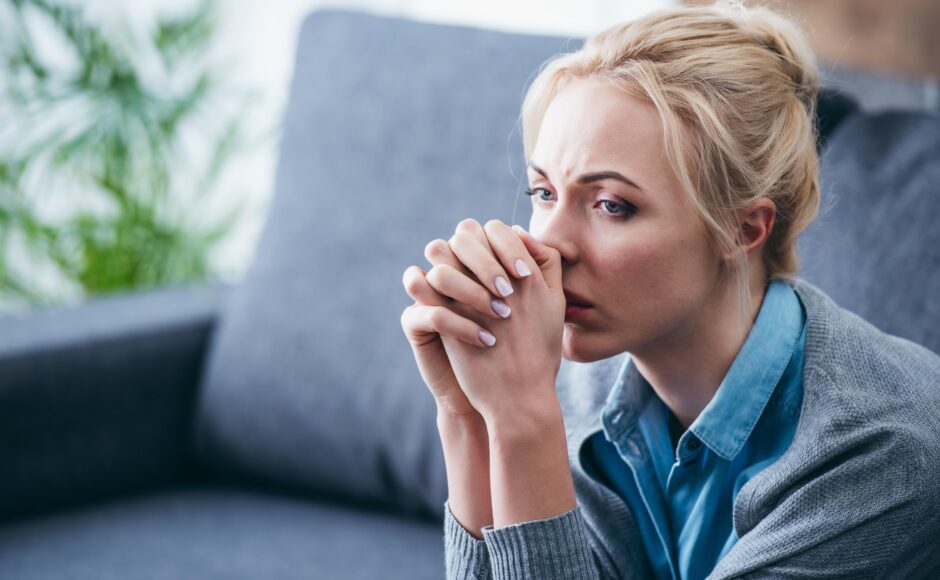
Anxiety is a common mental health condition that affects millions of people worldwide. It’s a natural response to stress, but when anxiety becomes overwhelming or persistent, it can interfere with daily life.
This guide will help you understand what anxiety is, its causes, symptoms, and practical tips to manage it effectively.
⚙️ What Is Anxiety?
Anxiety is a feeling of worry, nervousness, or fear about future events or uncertain outcomes. It can be a healthy reaction in certain situations — like before a test or public speaking — but excessive anxiety may be classified as an anxiety disorder.
🔍 Common Causes of Anxiety
-
Genetics: Family history can increase risk
-
Brain Chemistry: Imbalance in neurotransmitters like serotonin and dopamine
-
Stressful Life Events: Trauma, work pressure, relationship issues
-
Medical Conditions: Thyroid problems, heart arrhythmias, chronic illnesses
-
Substance Use: Caffeine, alcohol, or drug misuse
🚨 Symptoms of Anxiety
Anxiety symptoms vary but often include:
-
Persistent worry or fear
-
Restlessness or feeling “on edge”
-
Rapid heartbeat or palpitations
-
Shortness of breath
-
Sweating or trembling
-
Difficulty concentrating
-
Sleep disturbances
-
Muscle tension
-
Avoidance of anxiety-triggering situations
🛠️ Coping Tips and Strategies
-
Practice Mindfulness and Meditation
Calm your mind by focusing on the present moment. Apps like Headspace or Calm can help. -
Regular Physical Activity
Exercise releases endorphins, which improve mood and reduce anxiety. -
Deep Breathing Exercises
Try the 4-7-8 technique: inhale for 4 seconds, hold for 7, exhale for 8. -
Limit Caffeine and Alcohol
Both can worsen anxiety symptoms. -
Get Enough Sleep
Sleep deprivation can increase anxiety levels. -
Talk to Someone
Whether a friend, family member, or therapist, sharing your feelings helps. -
Professional Help
If anxiety is severe, consider counseling or medication under a healthcare provider’s guidance.
💡 When to Seek Help
If anxiety interferes with your daily life, causes panic attacks, or leads to thoughts of self-harm, seek professional help immediately.
✅ Final Thoughts
Anxiety is manageable. Understanding its causes and symptoms is the first step toward reclaiming control.
Incorporate healthy habits, stay connected, and don’t hesitate to reach out for help when needed.

Leave a Reply